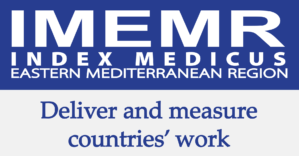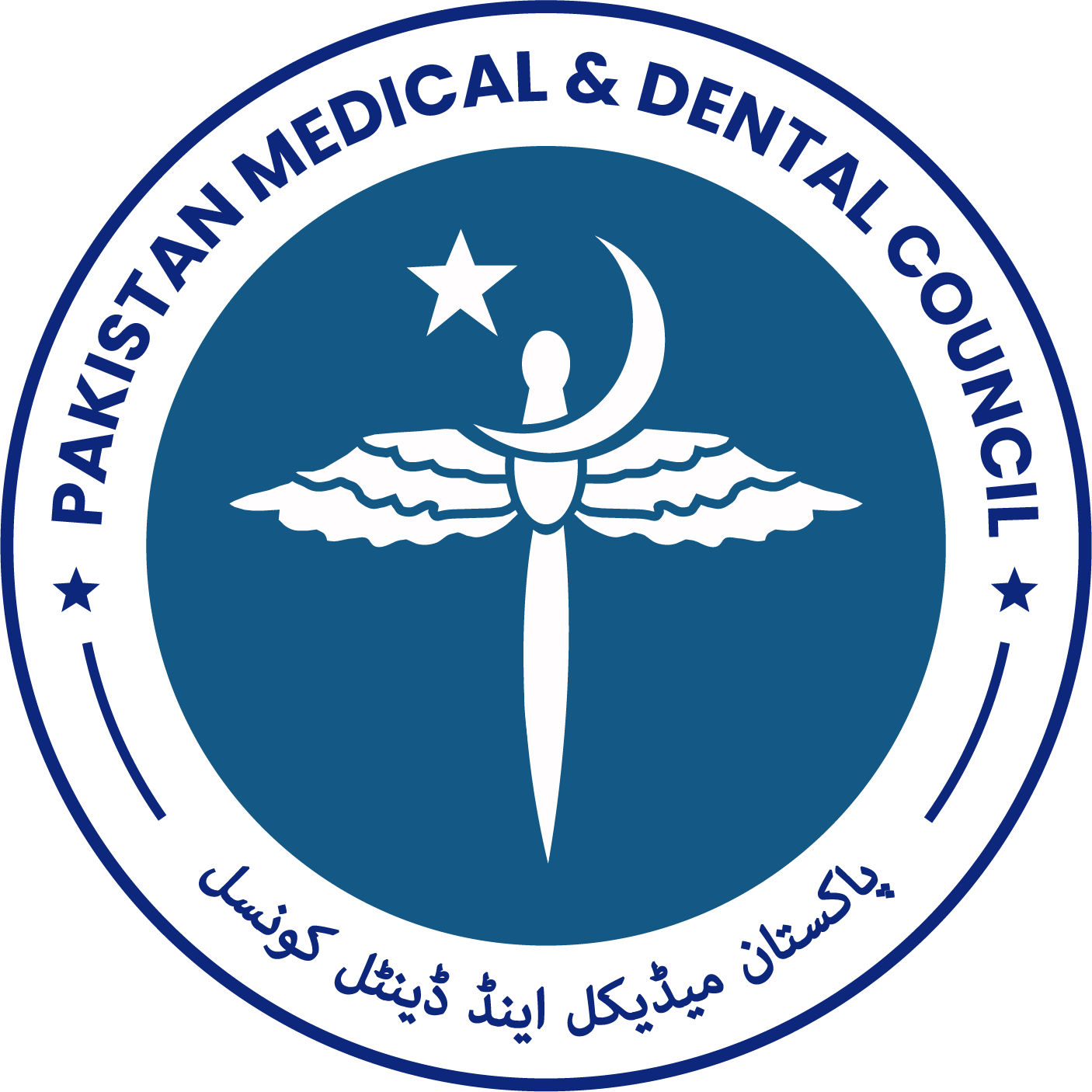Artificial Intelligence in Health Professions Education
DOI:
https://doi.org/10.53685/jshmdc.v5i1.227Keywords:
Artificial intelligence, Health Profession Education, RadiologyAbstract
Artificial Intelligence (AI) is revolutionizing various fields, including Health Professions Education (HPE), with its ability to mimic human problem-solving and decision-making capabilities. Unlike the self-aware AI depicted in movies, current AI systems, like ChatGPT, follow human commands and have shown remarkable growth, reaching one million users within five days. AI’s strengths include processing large data sets rapidly, personalizing learning, automating tasks, enhancing presentations, generating clinical cases, and providing real-time feedback.
References
OpenAI. (2023). ChatGPT. Retrieved from https://www.openai.com/blog/chatgpt/
Topol E. Deep medicine: how artificial intelligence can make healthcare human again. Hachette UK; 2019.
Dilsizian SE, Siegel EL. Artificial intelligence in medicine and cardiac imaging: harnessing big data and advanced computing to provide personalized medical diagnosis and treatment. Curr Cardiol Rep. 2014; 16(1): 441. doi:10.1007/s11886-013-0441-8. DOI: https://doi.org/10.1007/s11886-013-0441-8
Esteva A, Kuprel B, Novoa RA, Ko J, Swetter SM, Blau HM, et al. Dermatologist-level classification of skin cancer with deep neural networks. Nature. 2017; 542 (7639):115-118. doi:10.1038/nature21056. DOI: https://doi.org/10.1038/nature21056
Rajpurkar P, Irvin J, Ball RL, Zhu K, Yang B, Mehta H, et al. Deep learning for chest radiograph diagnosis: A retrospective comparison of the CheXNeXt algorithm to practicing radiologists. PLoS Med. 2018; 15(11):e1002686.doi:10.1371/journal. Pmed.1002686. DOI: https://doi.org/10.1371/journal.pmed.1002686
Jiang F, Jiang Y, Zhi H, Dong Y, Li H, Ma S, et al. Artificial intelligence in healthcare: past, present and future. Stroke and vascular neurology. 2017; 2(4). Stroke Vasc Neurol. 2017; 2: doi:10.1136/svn-2017-000101 DOI: https://doi.org/10.1136/svn-2017-000101
Matheny ME, Whicher D, Israni ST. Artificial intelligence in health care: a report from the national academy of medicine. JAMA. 2020; 323(6):509-510. DOI: https://doi.org/10.1001/jama.2019.21579
Obermeyer Z, Emanuel EJ. Predicting the Future -Big Data, Machine Learning, and Clinical Medicine. N Engl J Med. 2016; 375(13): 1216-1219. doi:10.1056/NEJMp16 06181. DOI: https://doi.org/10.1056/NEJMp1606181
Parikh RB, Obermeyer Z, Navathe AS. Regulation of predictive analytics in medicine. Science. 2019; 363(6429):810-812. doi:10.1126/science.aaw0029. DOI: https://doi.org/10.1126/science.aaw0029
Downloads
Published
How to Cite
Issue
Section
License
Copyright (c) 2024 Dr. Ahsen Sethi

This work is licensed under a Creative Commons Attribution-NonCommercial 4.0 International License.
You are free to:
- Share — copy and redistribute the material in any medium or format
- Adapt — remix, transform, and build upon the material
- The licensor cannot revoke these freedoms as long as you follow the license terms.
Under the following terms:
-
Attribution — You must give appropriate credit, provide a link to the license, and indicate if changes were made. You may do so in any reasonable manner, but not in any way that suggests the licensor endorses you or your use.
-
Non Commercial — You may not use the material for commercial purposes.
-
No additional restrictions — You may not apply legal terms or technological measures that legally restrict others from doing anything the license permits.





















